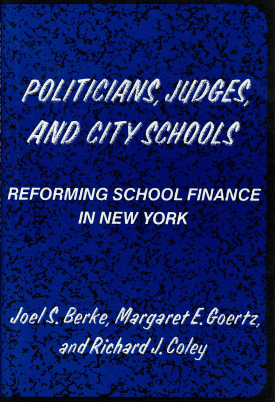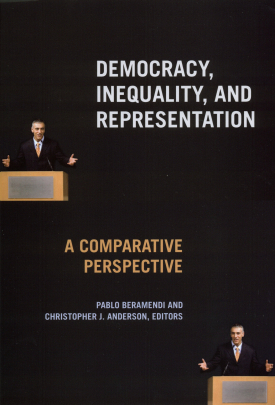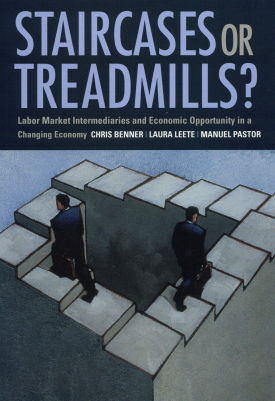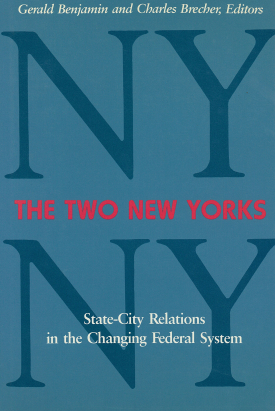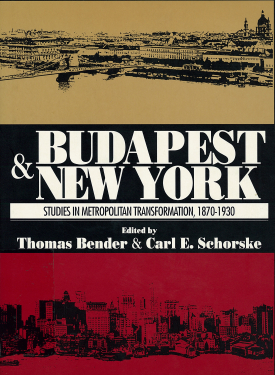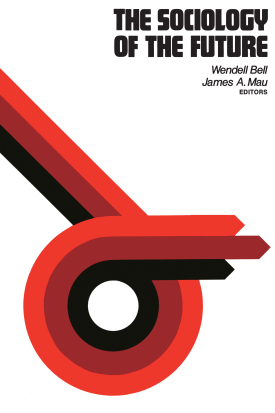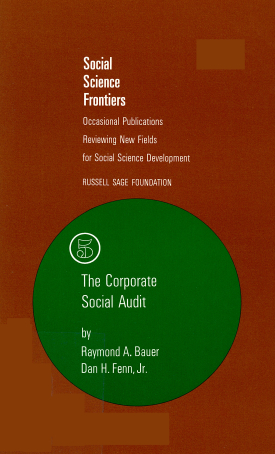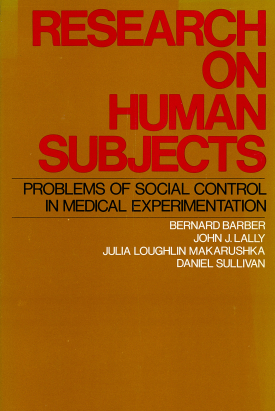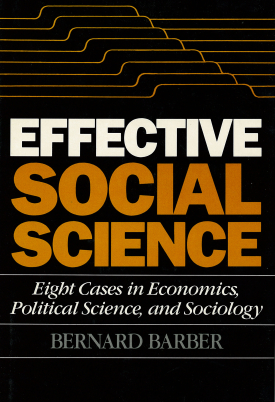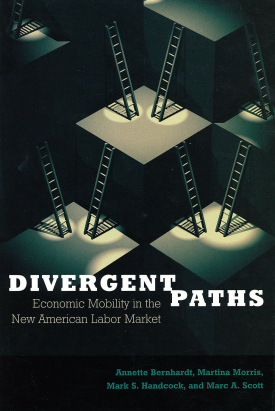
Divergent Paths
About This Book
Winner of the 2001 Richard A. Lester prize for Outstanding Book in Labor Economics and Industrial Relations from Princeton University
Winner of the Cornell Center for the Study of Inequality Distinguished Book Award
The promise of upward mobility—the notion that everyone has the chance to get ahead—is one of this country's most cherished ideals, a hallmark of the American Dream. But in today's volatile labor market, the tradition of upward mobility for all may be a thing of the past. In a competitive world of deregulated markets and demanding shareholders, many firms that once offered the opportunity for advancement to workers have remade themselves as leaner enterprises with more flexible work forces. Divergent Paths examines the prospects for upward mobility of workers in this changed economic landscape. Based on an innovative comparison of the fortunes of two generations of young, white men over the course of their careers, Divergent Paths documents the divide between the upwardly mobile and the growing numbers of workers caught in the low-wage trap.
The first generation entered the labor market in the late 1960s, a time of prosperity and stability in the U.S. labor market, while the second generation started work in the early 1980s, just as the new labor market was being born amid recession, deregulation, and the weakening of organized labor. Tracking both sets of workers over time, the authors show that the new labor market is more volatile and less forgiving than the labor market of the 1960s and 1970s. Jobs are less stable, and the penalties for failing to find a steady employer are more severe for most workers. At the top of the job pyramid, the new nomads—highly credentialed, well-connected workers—regard each short-term project as a springboard to a better-paying position, while at the bottom, a growing number of retail workers, data entry clerks, and telemarketers, are consigned to a succession of low-paying, dead-end jobs.
While many commentators dismiss public anxieties about job insecurity as overblown, Divergent Paths carefully documents hidden trends in today's job market which confirm many of the public's fears. Despite the celebrated job market of recent years, the authors show that the old labor market of the 1960s and 1970s propelled more workers up the earnings ladder than does today's labor market. Divergent Paths concludes with a discussion of policy strategies, such as regional partnerships linking corporate, union, government, and community resources, which may help repair the career paths that once made upward mobility a realistic ambition for all American workers.
ANNETTE BERNHARDT is Senior Research Associate at the Center on Wisconsin Strategy, University of Wisconsin, Madison.
MARTINA MORRIS is the Blumstein-Jordan Professor of Sociology and Statistics at the University of Washington, Seattle.
MARK S. HANDCOCK is Professor of Statistics and Sociology in the Center for Statistics and the Social Sciences at the University of Washington, Seattle.
MARC A. SCOTT is Assistant Professor of Educational Statistics at the School of Education, New York University.

